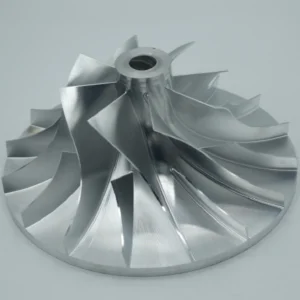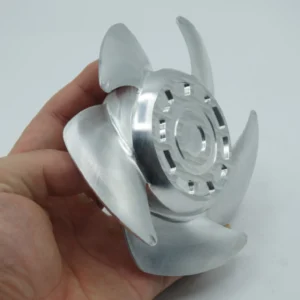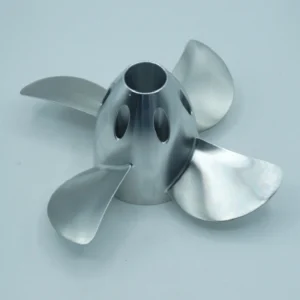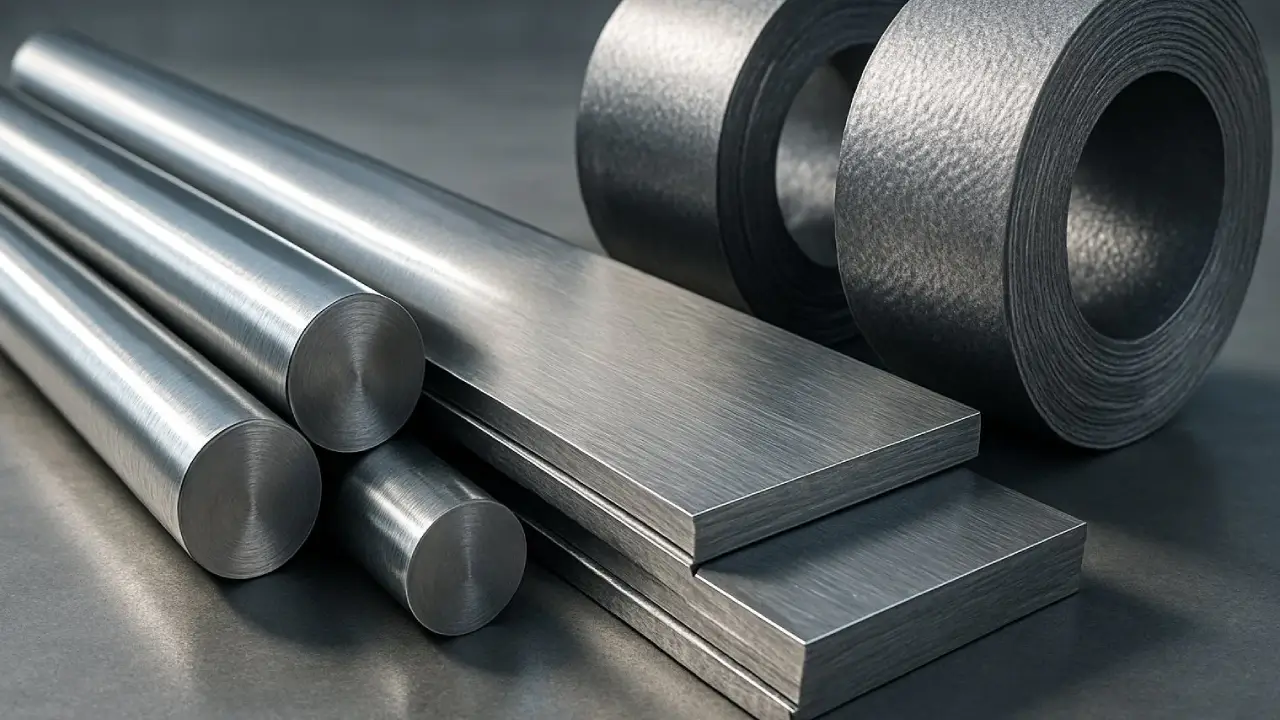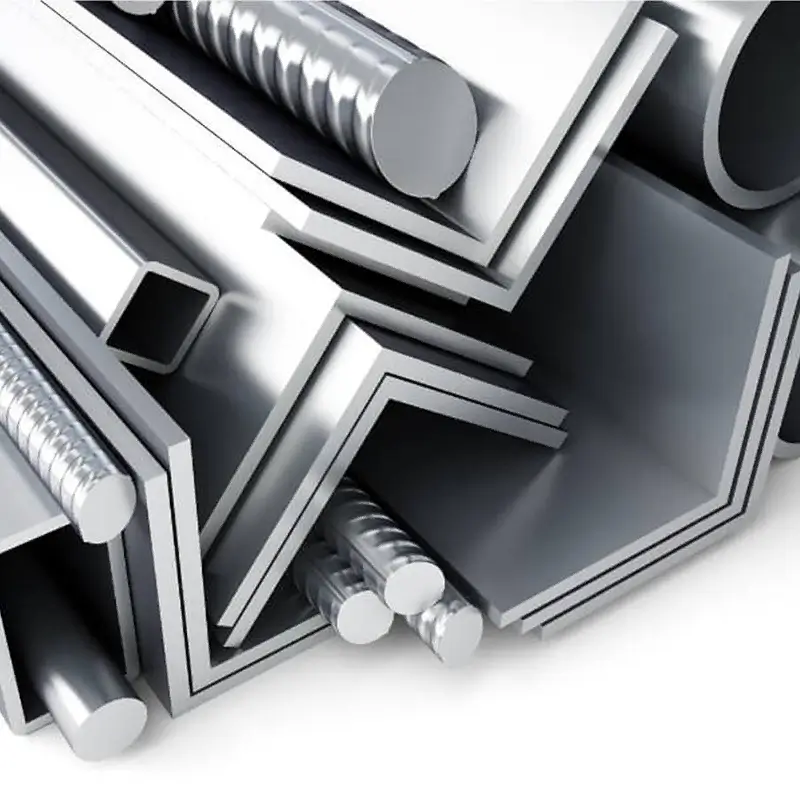Steel remains one of the most important engineering materials across industries — from construction and automotive to medical and aerospace. Among its many variations, alloy steel and stainless steel are two of the most widely compared categories. Choosing the right one can greatly affect the performance, cost, and durability of your project.
In this article, we’ll break down the composition, properties, advantages, and applications of both alloy steel and stainless steel, helping you make the right material decision.
Composition and Classification
Alloy Steel
Alloy steel is essentially carbon steel enhanced with additional alloying elements such as nickel, chromium, vanadium, copper, or tungsten. These elements boost mechanical properties like strength, hardness, wear resistance, and toughness.
-
Low Alloy Steel: Contains up to 5% alloying elements, offering improved strength and corrosion resistance compared to plain carbon steel.
-
High Alloy Steel: Contains over 5% alloying elements, leading to even higher performance. In fact, stainless steel is itself considered a type of high alloy steel because of its high chromium content.
Stainless steel is defined by its minimum 10.5% chromium content, which creates a protective oxide layer and makes it exceptionally resistant to rust and corrosion. It typically contains less than 1.2% carbon, plus other elements like nickel, molybdenum, or titanium depending on the grade.
This unique composition makes stainless steel not only corrosion-resistant but also hygienic, recyclable, and suitable for high-temperature applications.
Mechanical Properties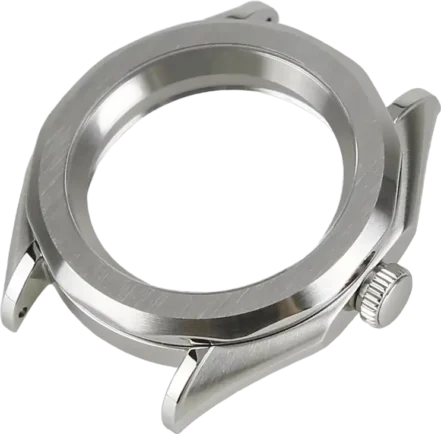
-
Strength: Alloy steels generally achieve higher tensile strength than stainless steels, making them ideal for structural and heavy-duty applications.
-
Hardness & Wear Resistance: Alloy steels can be hardened through heat treatment, reaching high hardness levels suitable for tools and machine parts.
-
Ductility & Formability: Stainless steels, especially austenitic grades, offer better ductility and formability.
-
Corrosion Resistance: Stainless steel is superior, especially in harsh or marine environments.
-
Machinability: Alloy steels are usually easier to machine compared to stainless steels, which can work-harden during cutting.
Applications
Common Uses of Alloy Steel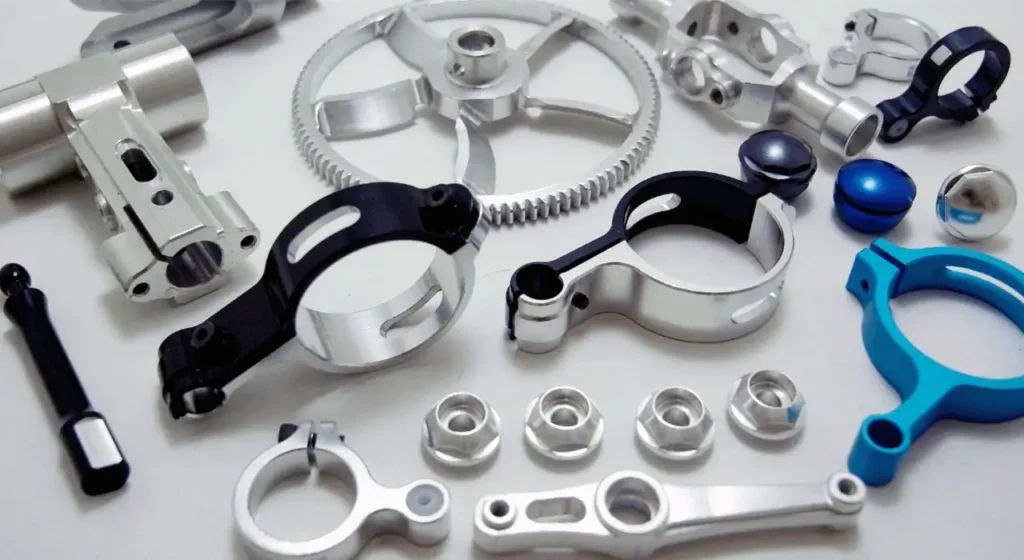
-
Construction (bridges, pipelines, structural components)
-
Automotive (gears, axles, crankshafts)
-
Aerospace (landing gear, turbine blades)
-
Tool making (drills, cutters, wear-resistant parts)
-
Oil & Gas (valves, high-pressure pipelines)
Common Uses of Stainless Steel
-
Medical equipment (due to biocompatibility and hygiene)
-
Food and kitchenware (cookware, utensils)
-
Architecture (facades, handrails, modern interiors)
-
Automotive (exhaust systems, decorative trim)
-
Chemical industry (tanks, reactors, corrosion-prone environments)
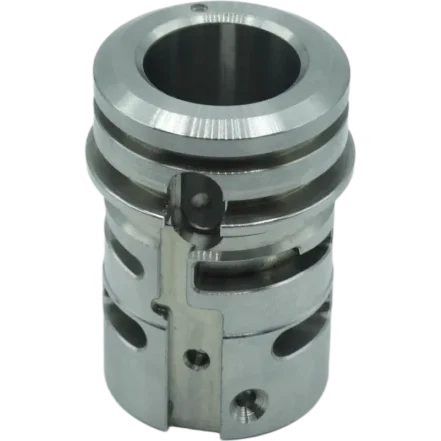
Cost and Sustainability
-
Cost: Alloy steels are generally less expensive due to lower alloying content. Stainless steels cost more initially but offer long-term savings thanks to their durability and low maintenance.
-
Sustainability: Stainless steel is 100% recyclable and has a long service life, making it a more eco-friendly option.
How to Choose the Right Steel
When deciding between alloy steel and stainless steel, consider these factors:
-
Application Environment (corrosive vs structural)
-
Required Properties (strength, ductility, machinability)
-
Budget (initial vs lifecycle cost)
-
Processing Method (welding, CNC machining, forming)
Conclusion
Both alloy steel and stainless steel are essential in modern manufacturing. Alloy steels provide higher strength, toughness, and machinability at a lower cost, while stainless steels offer unmatched corrosion resistance, hygiene, and longevity.
At Jingxinda (Xiamen) Precision Technology Co., Ltd., we specialize in CNC machining services for both alloy steel and stainless steel parts. With advanced equipment and a focus on precision, we help clients across industries — from automotive and aerospace to medical and electronics — achieve reliable, high-quality components.
👉 Contact us today to discuss your material needs and receive a tailored machining solution.

